A Dramatic Growth in Research
Notable

Ten years ago, Weill Cornell Medicine opened the Belfer Research Building, creating a new environment for high-impact translational research that has been key to the institution’s growth as a leading academic medical center. A testament to visionary philanthropy, the facility was made possible in part by a $100 million gift from Renée and Robert Belfer, for whom the building was named. Leading philanthropic support for the building was also provided by Board of Fellows Chair Emeritus Sanford I. Weill and his wife, Joan, who gave a gift of $250 million, and gifts totaling $100 million from Board of Fellows member Maurice Greenberg; his wife, Corinne; and The Starr Foundation.
Through the current $1.5 billion We’re Changing Medicine campaign, Weill Cornell Medicine is building upon what the Belfer Research Building started with genomics, data science, neuroscience, immunotherapy, regenerative medicine, population health and women’s health.
The 18-story building, with its 13 floors of laboratories — and facilities that include a reception hall, conference rooms and offices — dramatically expanded Weill Cornell Medicine’s research enterprise, enabling a bench-to-bedside approach that has helped to transform patient care. The 480,000 square-foot building, on East 69th St. and York Ave., is devoted to translational research that targets a wide range of illnesses, including cancer, cardiovascular disease, metabolic diseases, neurodegenerative diseases such as Alzheimer’s and Parkinson’s, children’s health, global health and infectious diseases.
Since the building opened a decade ago, Weill Cornell Medicine’s sponsored research funding has more than doubled — jumping from $191 million in 2014 to $427 million in 2023, with a 92 percent increase in the number of faculty funded by the National Institutes of Health (NIH). In the past year, Weill Cornell Medicine has risen to a ranking of 21 (from a starting point of 37) among academic medical institutions receiving NIH funding, according to the Blue Ridge Institute for Medical Research.
Many of Weill Cornell Medicine’s leading programs headquartered in the Belfer Research Building — such as the Joan and Sanford I. Weill Center for Metabolic Health, the Sandra and Edward Meyer Cancer Center, and the Gale and Ira Drukier Institute for Children’s Health, among others— made this dramatic growth possible. The building is also home to programs in virology and infectious disease that contributed significantly to the scientific understanding of COVID-19.
“The Belfers truly inspired others to support our research enterprise, and they have made an enduring impact on patient care,” says Board of Fellows chair Jessica Bibliowicz. “Extraordinary generosity such as theirs has such incredible power to change lives for the better.”
Summer 2024 Front to Back
-
Features
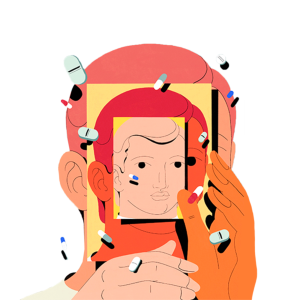
Science Over Stigma
By probing the physical cause of obesity, researchers have repudiated harmful misconceptions, leading to new, highly effective medications. -
Features

The Sounds of Science
How insights from ornithology, coupled with advances in AI, could enable doctors to screen for disease using the human voice. -
Features
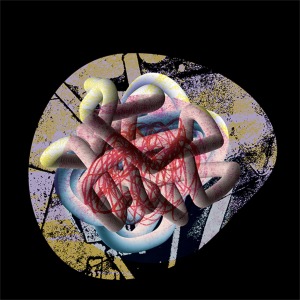
Bones’ Secret Cells
Research led by Dr. Matthew Greenblatt and his lab is revealing connections between bone stem cells and a surprising array of conditions — including cancer. -
Notable

Expansion in Midtown
A 216,000 square-foot expansion of clinical and research programs at 575 Lexington Ave. will provide state-of-the-art clinical care at the Midtown Manhattan location. -
Notable

A Dramatic Growth in Research
In the decade since the Belfer Research Building’s opening, Weill Cornell Medicine’s sponsored research funding has more than doubled. -
Notable

Dateline
Heart disease presents differently in resource-poor countries like Haiti. Dr. Molly McNairy and colleagues are working to identify underlying causes and prevention. -
Notable

Overheard
Weill Cornell Medicine faculty members are leading the conversation about important health issues across the country and around the world. -
Notable

News Briefs
Notable faculty appointments, honors, awards and more — from around campus and beyond. -
Grand Rounds
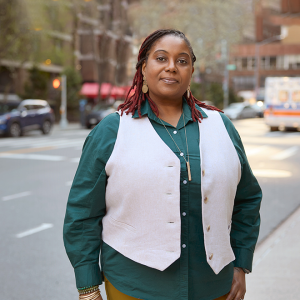
Living With Endometriosis: A 12-Year Journey
How the right treatment reduced the pain of endometriosis -
Grand Rounds
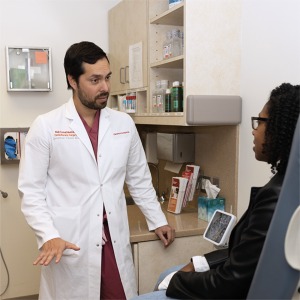
Taking Action Against Lung Cancer
Monitoring by Weill Cornell Medicine’s Incidental Lung Nodule Surveillance Program can lead to early cancer detection. -
Grand Rounds

News Briefs
The latest on teaching, learning and patient-centered care. -
Discovery

Gut Check
New evidence shows that a bacterium found in the gut of livestock could be a trigger of multiple sclerosis in humans. -
Discovery

Researchers Chart the Contents of Human Bone Marrow
A new method for mapping the location and spatial features of blood-forming cells within human bone marrow provide a powerful new means to study diseases that affect it. -
Discovery
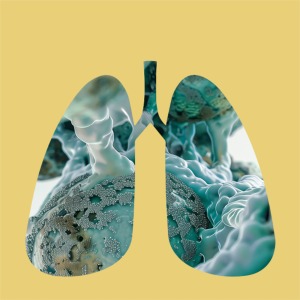
Findings
The latest advances in faculty research, published in the world’s leading journals. -
Alumni
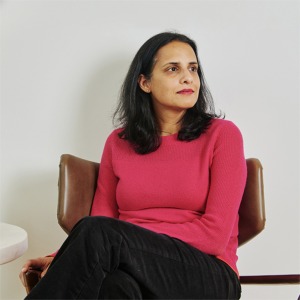
Profiles
Forging critical connections to move research from the bench to the bedside, our alumni are making an impact. -
Alumni

Notes
What’s new with you? Keep your classmates up to date on all your latest achievements with an Alumni Note. -
Alumni

In Memoriam
Marking the passing of our faculty and alumni. -
Alumni
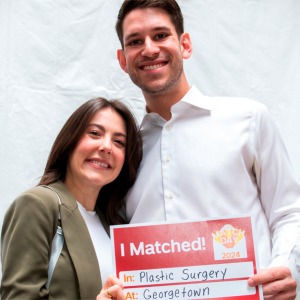
Moments
Marking celebratory events in the lives of our students, including the White Coat Ceremony and receptions for new students. -
Second Opinion

Equal Risk
Does race have a role in calculations of health risks? -
Exchange

Health Equity
Two faculty members discuss the importance of community-engaged research in their work to help combat cancer disparities fueled by persistent poverty. -
Muse

Finding Strength in Art
Surin Lee is a Weill Cornell Medicine-Qatar medical student, Class of 2026, and a visual artist. -
Spotlight

Partners in Solving Surgical Challenges
Dr. Darren Orbach (M.D. ’98, Ph.D.) and Dr. Peter Weinstock (M.D. ’98, Ph.D.) are pioneering the use of practice simulations to ensure successful complex surgeries.